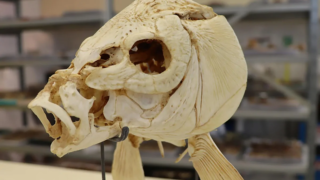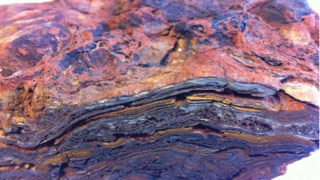
MI weekly selection #492
Radioactive meteorites could have brought life to Earth The gamma rays produced by carbonaceous chondrites, radioactive meteorites that contain water and organic compounds, could have been sufficient to spark the chemical reactions that created amino acids, the building blocks of life on Earth, researchers have concluded. The study is based on observations from bombarding chemicals […]








